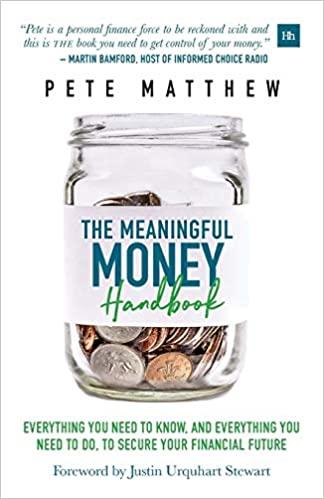Question
Suppose a U.S. firm has an asset in Britain whose local currency price is random. For simplicity, suppose there are only three states of the
Suppose a U.S. firm has an asset in Britain whose local currency price is random. For simplicity, suppose there are only three states of the world and each state is equally likely to occur. The future local currency price of this British asset ( P*) as well as the future exchange rate ( S) will be determined, depending on the realized state of the world.
| State | Probability | P* | S | S P* | |||||||||||
| 1 | 1/3 | 1,000 | $ | 1.40 | / | $ | 1,400 | ||||||||
| 2 | 1/3 | 1,000 | $ | 1.50 | / | $ | 1,500 | ||||||||
| 3 | 1/3 | 1,000 | $ | 1.60 | / | $ | 1,600 | ||||||||
Which of the following statements is most correct?
| Since randomness is involved, no hedging is possible. | ||
| The firm faces substantial exchange rate risk since the local currency price of the asset and the exchange rate are positively correlated. | ||
| The firm faces no exchange rate risk since the local currency price of the asset and the exchange rate are negatively correlated. | ||
| The firm's exchange rate exposure can be completely hedged with derivatives written on the British pound. |
Step by Step Solution
There are 3 Steps involved in it
Step: 1

Get Instant Access to Expert-Tailored Solutions
See step-by-step solutions with expert insights and AI powered tools for academic success
Step: 2

Step: 3

Ace Your Homework with AI
Get the answers you need in no time with our AI-driven, step-by-step assistance
Get Started


